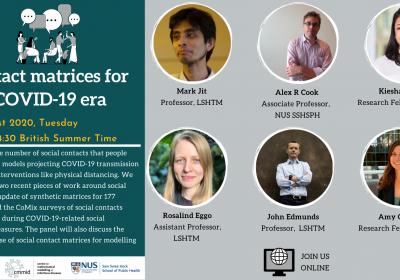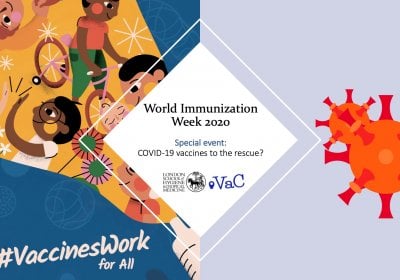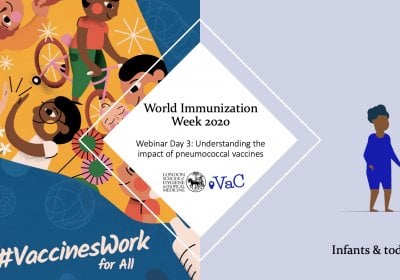Mapping and modelling the denominator: WorldPop and Flowminder
Abstract:
Accurate population data at local levels are fundamental for a broad range of applications by governments, non-governmental organisations and companies, including the planning and delivery of services, election preparation, estimation of populations at risk of infectious disease or hazards, and disaster relief operations.
National census data typically remain the principal source for these, but in many low income nations, such data are often outdated, unreliable or even non-existent.
The lack of recent, reliable and spatially detailed population data was highlighted with the recent Ebola outbreak in West Africa, where emergency responders struggled to identify the location and size of rural settlements, and could not accurately calculate infection rates since the denominator was not known.
In addition to this lack of information on population numbers, data on population characteristics and their seasonal changes are also lacking across many low-income settings, making the reliable estimation and modelling of disease spread challenging, as well as the planning of intervention delivery.
Professor Tatem directs the WorldPop Program (www.worldpop.org) and Flowminder Foundation (www.flowminder.org), and will describe their work in integrating census, survey, satellite and cellphone data to map and model population numbers, characteristics and dynamics in low and middle income settings.
He will also discuss how these estimates are then used to support disease burden estimates, transmission models and elimination strategies.
External attendees will be collected from reception promptly at 12:40pm.
Admission
Contact
Rosalind Eggo
Email: r.eggo@lshtm.ac.uk





